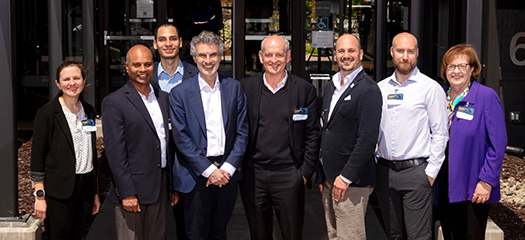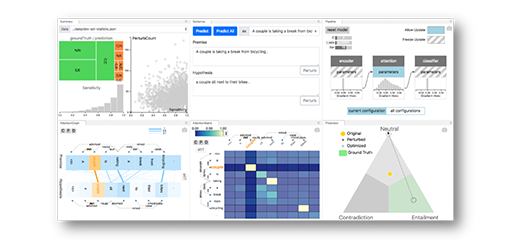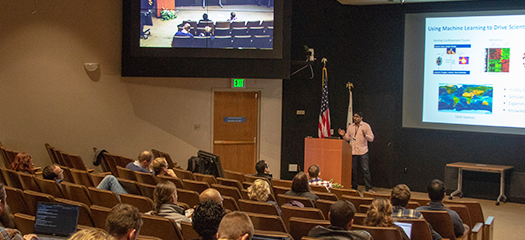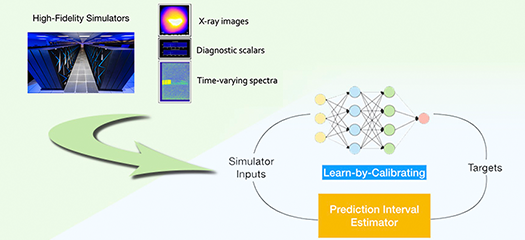Scientific applications often have a broad range of real-world variations—data bias, noise, unknown transformations, adversarial corruptions, or other changes in distribution. Many of LLNL’s mission-critical applications are considered high regret, implying that faulty decisions can risk human safety or incur significant costs. As vulnerable ML systems are pervasively deployed, manipulation and misuse can have serious consequences.
A sustainable acceptance of ML requires evolving from an exploratory phase into development of assured ML systems that provide rigorous guarantees on robustness, fairness, and privacy. We’re using techniques from optimization, information theory, and statistical learning theory to achieve these properties, as well as designing tools to efficiently apply these techniques to large-scale computing systems.




